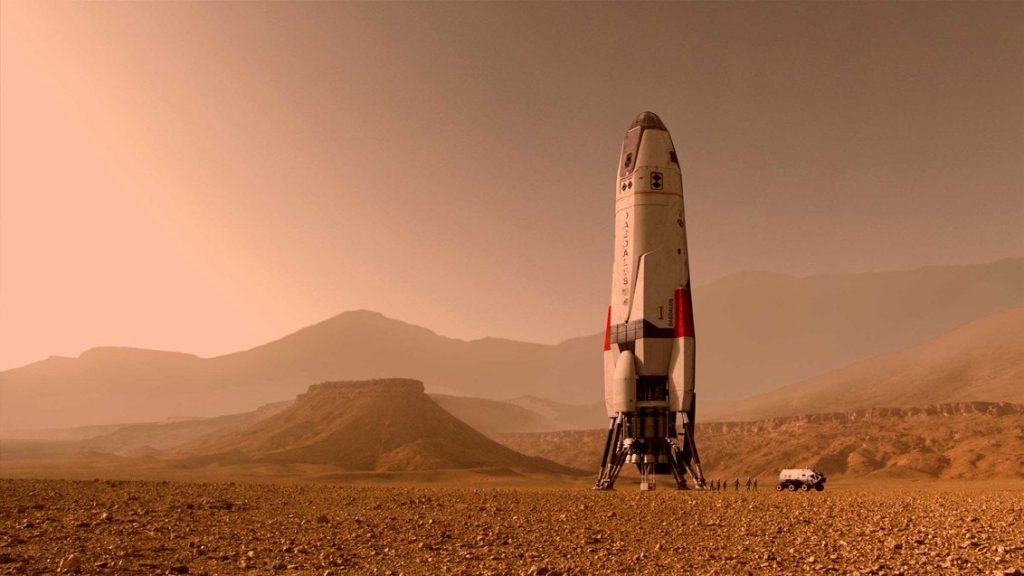
As chosen astronauts and key individuals prepare to go to Mars, more signs point to logistics as one of the most important industries to help us achieve such a goal. Logistics supply chains are pivotal for any type of human operations in a challenging, unfamiliar environment. Historically, major expeditions like the ones in the Antarctic or even the moon landing are all clear indicators that people need professional logistics systems to pursue their wildest exploration dreams, without these systems in place, the reality can often be as extreme as life or death. In this article, we will explore how logistics plays a role in our dreams of setting up a human base on Mars.
Is it possible for humans to reach Mars?

Yes, after many years of research, trial and error, it is possible for human beings to successfully reach Mars, however the need for the best logistics software, solutions and support is critical. Unlike the Antarctic or low orbit trips, reaching Mars is a lot more challenging. There’s no quick way back to friendlier environments. On top of that, there’s a need for a large amount of energy, supplies and other important factors to help sustain human life. Without the right technical support, humanity would struggle to reach the red planet.
That means we need to make sure that we use the right logistics strategies and lessons from the ISS and even the related SPS programs in order to provide the Mars missions with the tools they need. On top of that, there need to be multiple failsafe’ in place in order to ensure everything works effectively and any issues are solved as quickly as possible.
The importance of logistics in for our Mars trip

While the date of an upcoming human trip to Mars is still up in the air, it’s expected for humans to reach the red planet sometime during this decade. First of all, we will need to employ sophisticated logistics software to identify the necessary requirements to establish a safe transit to and from Mars. Secondly, we will need to figure out logistics related to the establishment of a human presence on the planet. Finally, key preparations for human missions on the red planet will need thorough consideration. All of these elements require the correct resources to ensure that all team members receive the support they deserve while pushing the limits in human interplanetary exploration.
Beyond Mars, identifying any issues or challenges that may arise to do with logistic nodes near the lunar platform, will also be a core part of a successful Mars mission. Once we are finally established on Mars, logistics implications such as water and fuel availability will be crucial, and the moon base will play a key role in ensuring those supplies are maintained.
Conclusion
It’s important to ensure that we have a proper logistics system’s ready before we attempt a major mission to Mars. This is no easy feat as the trip is long, challenging and will undoubtedly present major challenges to all involved. Humans on Mars is not going to be simple to achieve, but with the right planning and frameworks success is possible.




